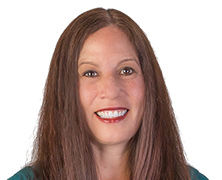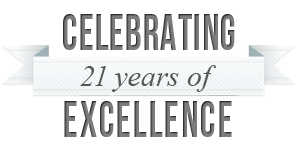We All Need Strong Role Models
When I went to law school, law firm leadership was not my goal. I simply wanted to try cases and write passionate and persuasive briefs. Today, as a managing shareholder of global law firm Greenberg Traurig’s San Francisco and Silicon Valley offices, and a member of the firm’s executive committee, I’m thrilled and honored to be in a leadership role. That is in large part because I have the opportunity to help break barriers that women in the legal profession face.
When I chose to leave my job in government (I was a trial lawyer at the IRS) and enter private practice, I wanted a firm that valued diversity. Greenberg Traurig instantly stood out as a firm that fostered a diverse environment because of the gender make up of partners and associates, the actions and words of leadership, and its unique history. The firm’s founders formed Greenberg Traurig in 1967 because they could not get legal positions because they were Jewish. Their empathy towards historically disadvantaged groups was one of the reasons I joined the firm.
Throughout my career, powerful female role models have been important to me, as have male role models. Upon entering private practice, I had the same concerns of young women today: “How will I manage a family and advance in a law firm? Will I see my children or will they be cared for by a nanny? Will I receive career building cases or will those be given to the men? Will men value my opinion? Do I have what it takes to be a mother and a partner in a law firm?” I grappled with these insecurities, but the faith and trust I received from men and women alike helped me quickly advance in my career. Women need strong role models, male and female, throughout their careers.
Firms need to show their commitment diversity in the workplace by expanding relationships with diversity organizations, offering flexible work-life career paths, implementing inclusive succession plans, working with diverse attorneys to design career advancement plans, introducing diverse attorneys to major clients, and formalizing diversity plans that include accountability and training.
The obstacles women face in the legal profession are still present, but I am encouraged things are changing for the better. I believe my own career is proof—having women in positions of leadership proves to junior, diverse lawyers the firm’s commitment to gender diversity for staff, lawyers, firm vendors, and clients.







